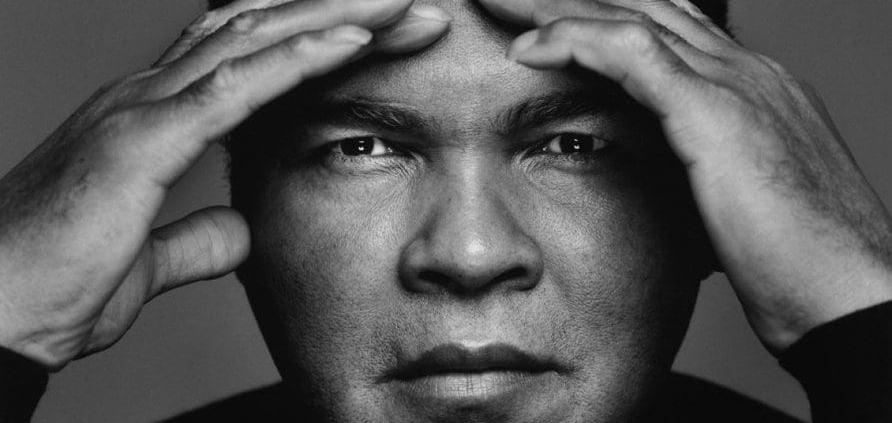On What Ultimately Matters: Muhammad Ali, My Grandfather and Ramadan
Nearly a month ago, my grandfather passed away in a tragic car accident aged 93 along with my father. Today, we lost the great Muslim sports icon and activist, Muhammad Ali, whose charisma, skill, and attitude mesmerized the world for decades. Each of these deaths and the reactions they generated have taught me an important lesson on what ultimately matters, writes Ustadh Salman Younus.
My grandfather was in a number of ways my polar opposite. He was a leading member of the Jamaate Islami being one of the main heads (rukn) of the group in Faisalabad. As a child, I saw letters that Mawlana Mawdudi had written to him hanging on the walls of our home. I heard stories about how he went into hiding during the 1970’s, how committed he was to the vision of the party, and how he sacrificed much of his time in service of it. Indeed, many of the obituaries I read of him in the newspapers identified him as an “elder of the JI.”
My grandfather was not a madhhab-following, Ash’ari abiding, tasawwuf-oriented individual. In contrast, the entirety of my scholarly training made me precisely this. But none of this actually mattered in the end. Absolutely none of it. As I knelt next to him pouring water over his body, the only thing my heart recalled was his constant tahajjud, his teaching me prayer and basic religious practices, and people’s description of him as someone who would go out with his pockets full and return with them empty (due to his charitable nature).
God continued to give him the tawfiq to worship till his last day. With severe memory loss that rendered him unable to even recognize some of his children, my grandfather did not forget tarawih, nor Ramadan, nor going to the mosque. He continued doing this till his final hour. This is what I remember about him and this is what ultimately matters.
The way we remember Muhammad Ali is the same. None of the reactions care about what school he followed. None of them bother with whether he was a Sufi or a Salafi or belonged to this group or that. None of them care how knowledgable he was of the subtleties of Islamic law, how complex his understanding was of theology, whether he celebrated the mawlid, or accepted tawassul, or was slightly progressive or conservative.
All we remember him for are the few monumental acts of good that he did. His speaking truth openly, his charity, the way he represented Islam, his activism during the civil rights era, his courage, and his faith.
Death has a way of reorienting us to what ultimately is of consequence. The nuances of Islamic law did not help me when my father and grandfather died, nor did my Ash’arism, nor did the debates I have had on a hundred and one issues regarding Sufism. My heart only found solace in reciting the Quran, remembering God (dhikr), prayer, charity, and a few other basic acts of worship. My faith at that moment became like that of the old woman in the village.
Ramadan is a time when we reorient ourselves to this perspective and worldview. When teachers cease their classes, when people step away from social media debates and argumentation, when nothing matters but the few prostrations we perform at night, the few dollars we give in charity, and the few words we utter in need of God. This is all that we wish to present to our Lord after our death. This is ultimately what matters. Reflect on that.
Ustadh Salman Younas

